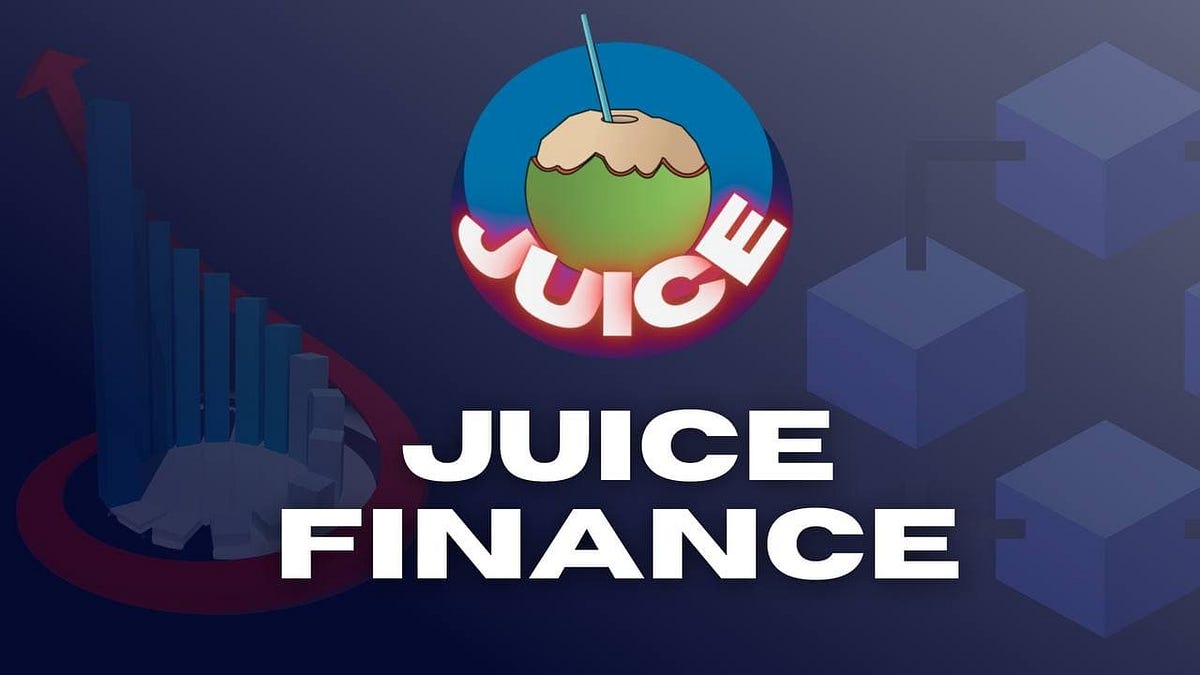
Juice Finance™ | Official Site
Juice Finance is a decentralized finance (DeFi) protocol focused on liquidity provisioning, yield optimization, and leveraged trading on Solana and other high-performance blockchains. It aims to maximize capital efficiency for traders, liquidity providers (LPs), and yield farmers through innovative mechanisms.
What is Juice Finance?
Juice Finance is a DeFi protocol designed to:
Enhance liquidity provisioning with concentrated liquidity strategies.
Enable leveraged trading with low slippage.
Optimize yield farming through automated strategies.
Operate primarily on Solana (with potential multi-chain expansion).
It competes with platforms like Raydium, Orca, and Kamino Finance, but introduces unique features for higher capital efficiency.
Core Features of Juice Finance
A. Concentrated Liquidity Pools
Unlike traditional AMMs (e.g., Uniswap V2), Juice uses concentrated liquidity (similar to Uniswap V3).
LPs can allocate funds to specific price ranges, increasing capital efficiency.
B. Leveraged Trading
Traders can borrow liquidity to open leveraged positions.
Supports long/short strategies with minimal slippage.
C. Yield Optimization (Auto-Compounding)
Automatically reinvests LP rewards to maximize APY.
Reduces manual intervention for farmers.
D. Dynamic Fees & Incentives
Adjusts fees based on market volatility and demand.
Rewards LPs and traders with JUICE tokens.
E. Cross-Margin Accounts
Allows users to manage multiple positions under one collateral pool.
Reduces liquidation risks.
3. How Juice Finance Works
A. Liquidity Provisioning
Users deposit assets into concentrated liquidity pools.
They select a price range (e.g., $SOL between $100-$150).
Earn trading fees + JUICE rewards.
B. Leveraged Trading Mechanism
Traders deposit collateral (e.g., SOL or stablecoins).
Open leveraged positions (up to 10x).
Pay borrowing fees; profits/losses adjust in real-time.
C. Yield Farming & Auto-Compounding
Staked LP tokens earn JUICE emissions.
Rewards are auto-compounded into more LP positions.
D. Governance (JUICE Token)
JUICE token holders vote on:
Fee structures.
New pool listings.
Protocol upgrades.
4. Benefits of Juice Finance
A. Higher Capital Efficiency
Concentrated liquidity = more fees with less capital.
B. Lower Slippage for Traders
Tight spreads due to targeted liquidity.
C. Passive Yield Optimization
Auto-compounding = higher APY vs. manual farming.
D. Leverage Without CEXs
Trade with 10x leverage in a decentralized manner.
E. Solana’s Speed & Low Fees
Near-instant trades with fractions of a cent in fees.
5. Risks & Challenges
A. Impermanent Loss (IL) in Concentrated Pools
LPs face higher IL risk if prices exit their range.
B. Smart Contract Vulnerabilities
Potential exploits in leverage or liquidity management.
C. Liquidation Risks
High leverage = higher chance of forced liquidations.
D. Competition
Competes with Kamino, Marginfi, Drift.
E. Regulatory Uncertainty
Leveraged trading may attract SEC/CFTC scrutiny.
6. Juice Finance vs. Competitors
Feature Juice Finance Kamino Orca Raydium
Concentrated Liquidity ✅ ✅ ✅ ❌
Leveraged Trading ✅ (10x) ❌ ❌ ❌
Auto-Compounding ✅ ✅ ❌ ❌
Governance Token ✅ (JUICE) ❌ ✅ (ORCA) ✅ (RAY)
Blockchain Solana Solana Solana Solana
7. Future Potential
A. Multi-Chain Expansion
Could launch on Ethereum, Arbitrum, or Sui.
B. Institutional Adoption
Hedge funds may use Juice for capital-efficient market-making.
C. Advanced Derivatives
Introduce options/perpetuals trading.
D. DAO & Ecosystem Growth
JUICE token could power grants and partnerships.
E. Integration with LSDs
Allow staked SOL (e.g., JitoSOL) as collateral.
Conclusion
Juice Finance is a next-gen DeFi protocol that combines:
✔ Concentrated liquidity for higher capital efficiency.
✔ Leveraged trading without centralized exchanges.
✔ Auto-compounding yields for passive income.